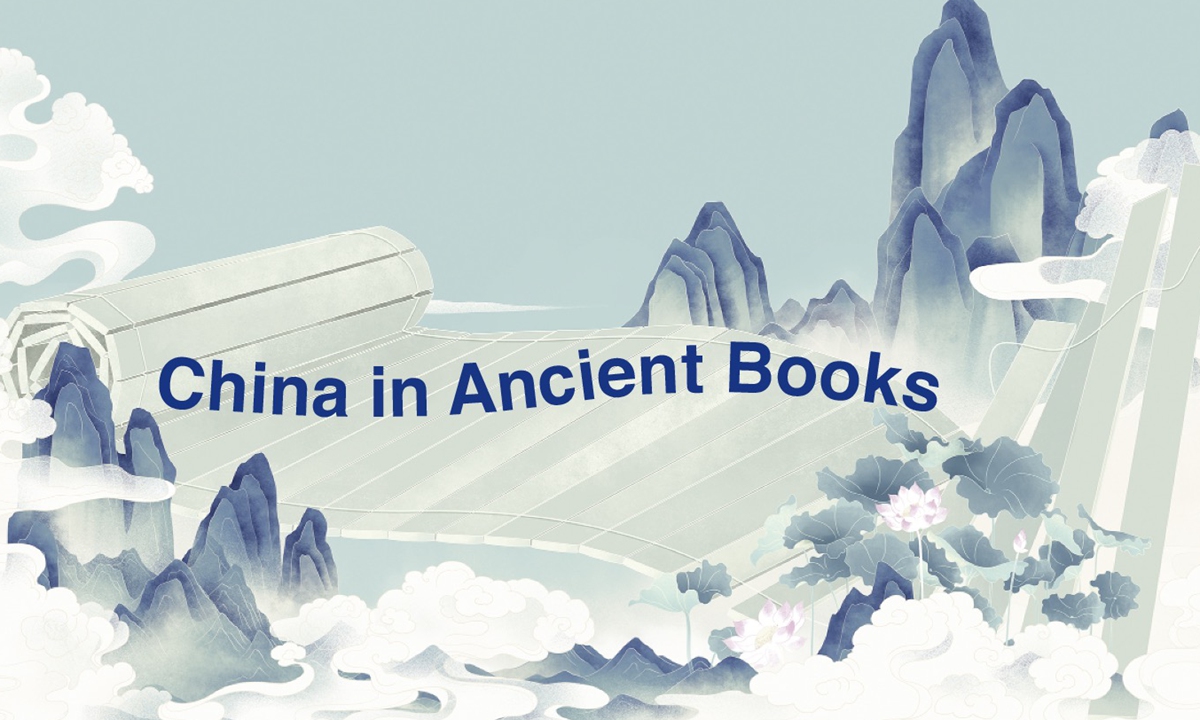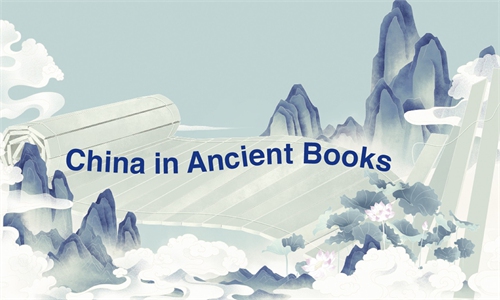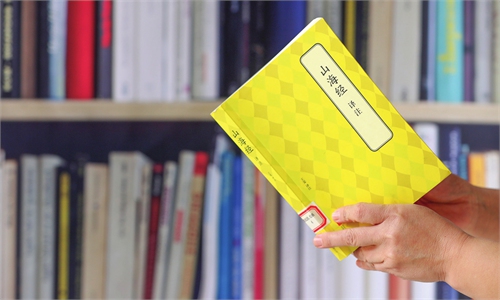ARTS / CULTURE & LEISURE
China in Ancient Books

China in Ancient Books
'The Literary Mind and the Carving of Dragons'(II): Chinese literature theoryAccording to The Literary Mind and the Carving of Dragons and other records, Liu Xie wrote the work for three reasons: First, he was inspired by the traditional philosophy that "a gentleman is a man of virtue;" second, he was discontented with the literary trend that "some writers blindly pursued novel, shallow and odd words and their essays strayed from the fundamental rules;" third, some writers "only focused on parts or details instead of a whole picture in their essays."
Liu believed all essays boiled down to an interpretation of the Dao, meaning the orthodox Confucian classics, which could not only provide an ideological criteria for writing, but also set an example of this lofty realm. However, he also argued that literary writing was not merely a moral doctrine, it should also fit into its own forms which could be learned from ancient literature such as poetry, prose and exposition. He proposed that literary creation originated from feelings triggered by writer's view of things, instead of vice versa. And he paid attention to skits, which had been neglected by the orthodox literati. He championed concise language and in-depth arguments, pointed out ways of structuring essays, and valued the strength of character in writing.
He also emphasized that literature should reflect the political landscape, sweeping away the decadent literary style of the times. It marked an age of literary awakening and prosperity.
Different from Western critique, which focuses on concepts and logical reasoning, the book combines literary critique and writing into one, becoming an independent literary work itself through parallel prose, neat rhythm and rigorous structure.
It ushered ancient Chinese literary theory into a new era, exerting a far-reaching influence on later literary theory and critique. It is of great value to the research on the history of Chinese literature.
As early as the 9th century, The Literary Mind and the Carving of Dragons was also introduced to other countries. In 1731, the first work on the interpretation of this book was published in Japan.
After the 19th century, this book spread to the Western countries and in the 20th century, it was translated into English. It also takes a prominent position in the history of world literary theory.
Global Times

Li Jianzhong, a professor at Wuhan University, gives a lecture about The Literary Mind and the Carving of Dragons in Wuhan, Hubei Province. Photo: IC



